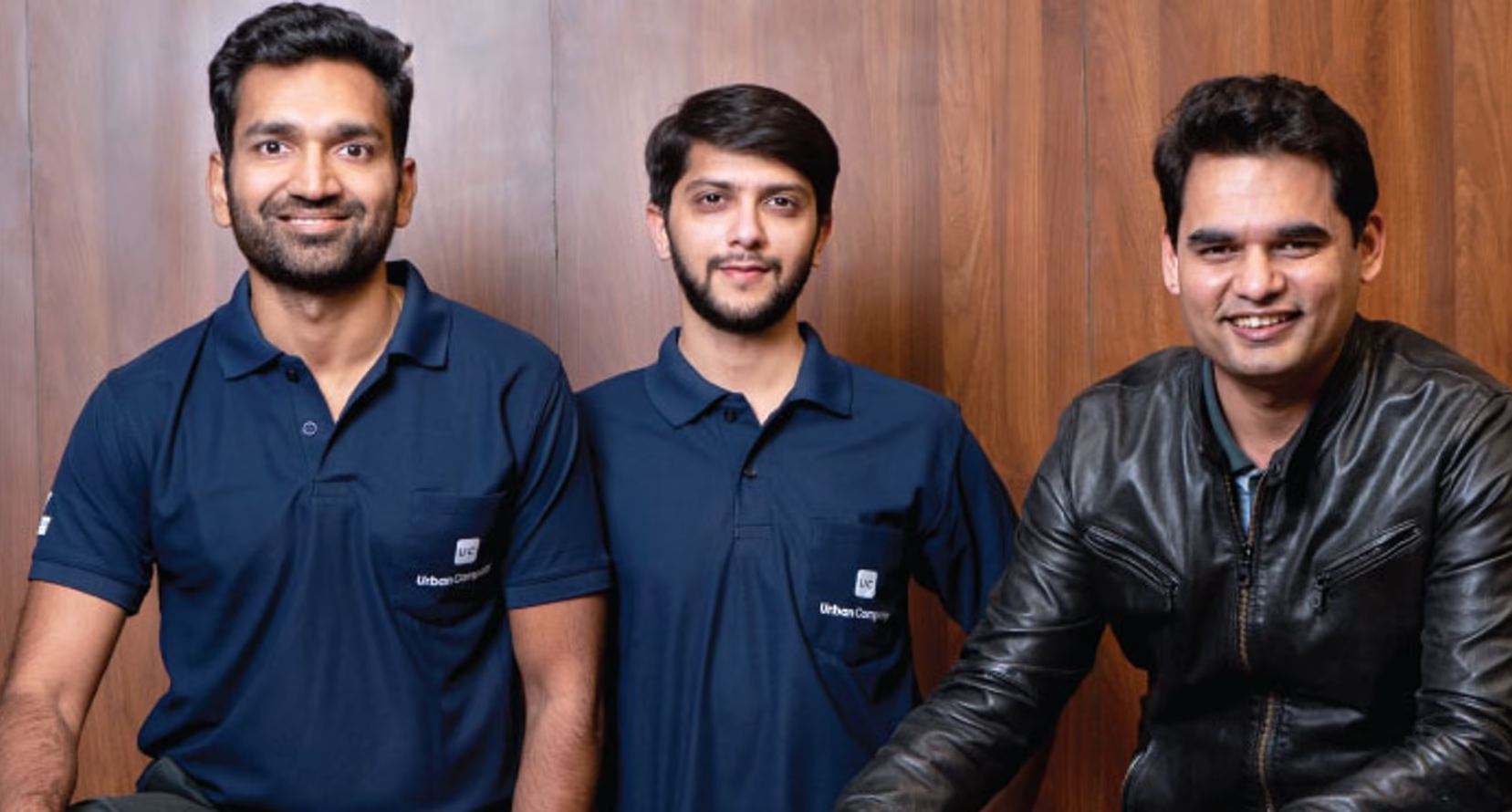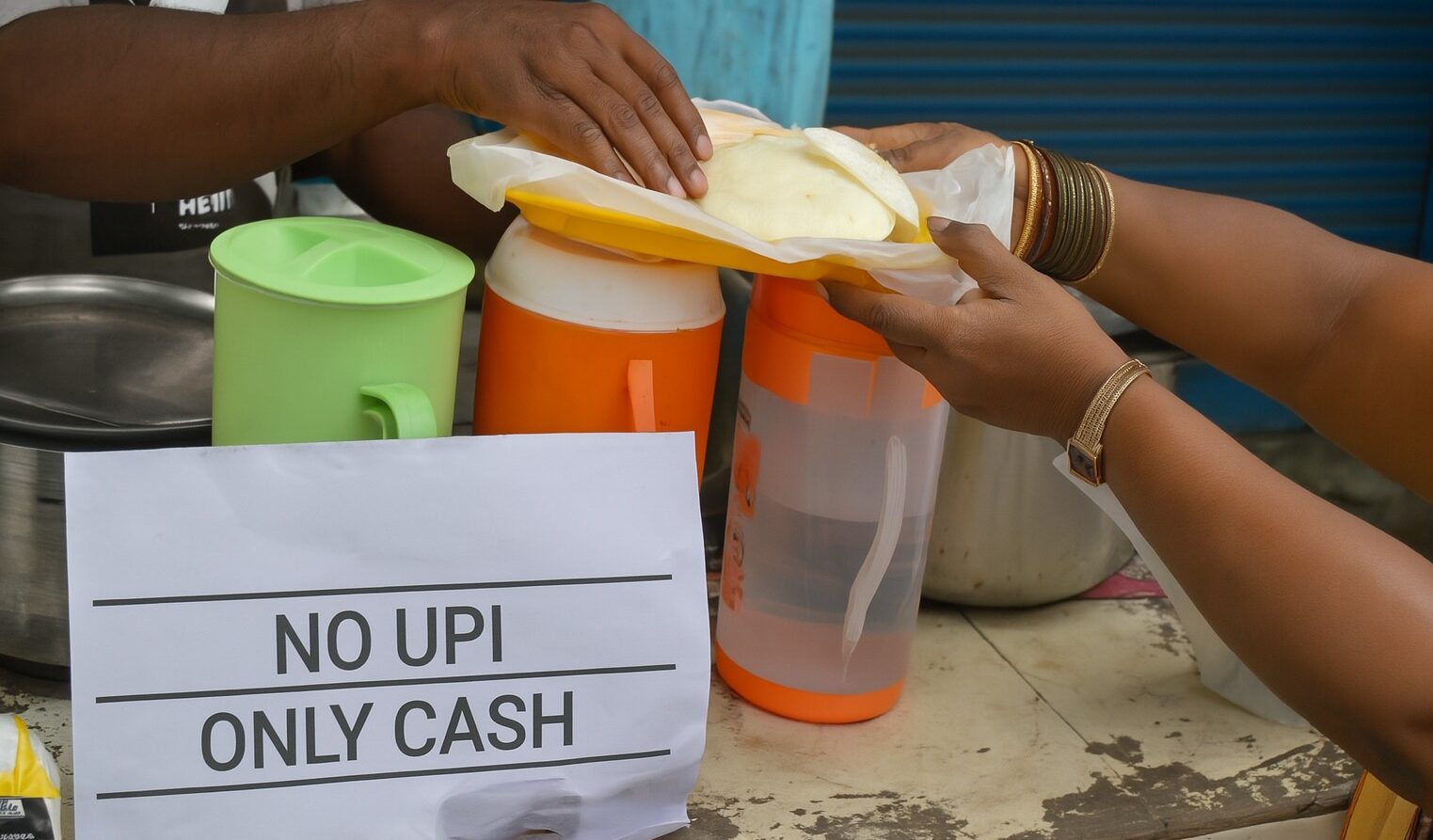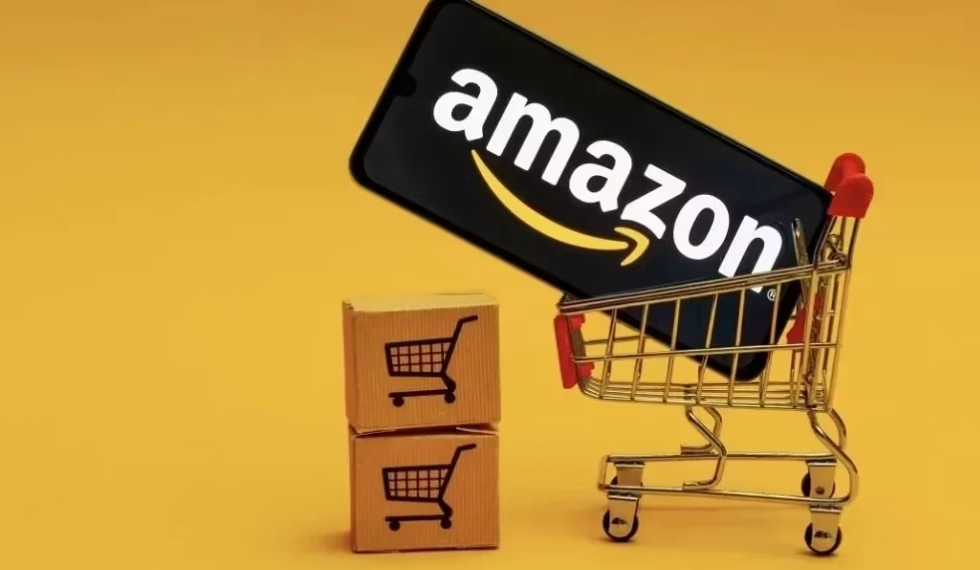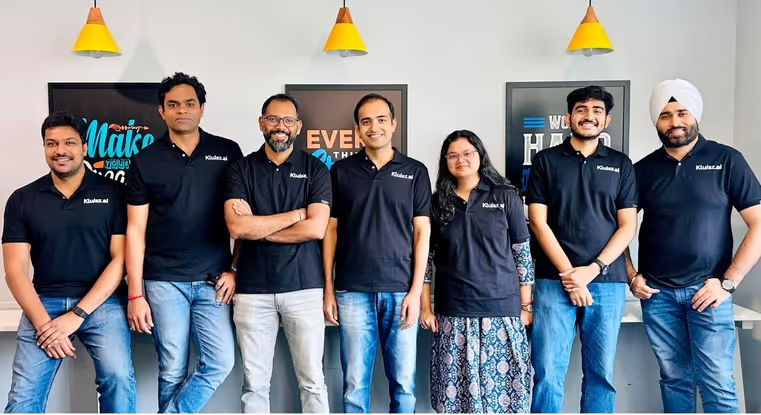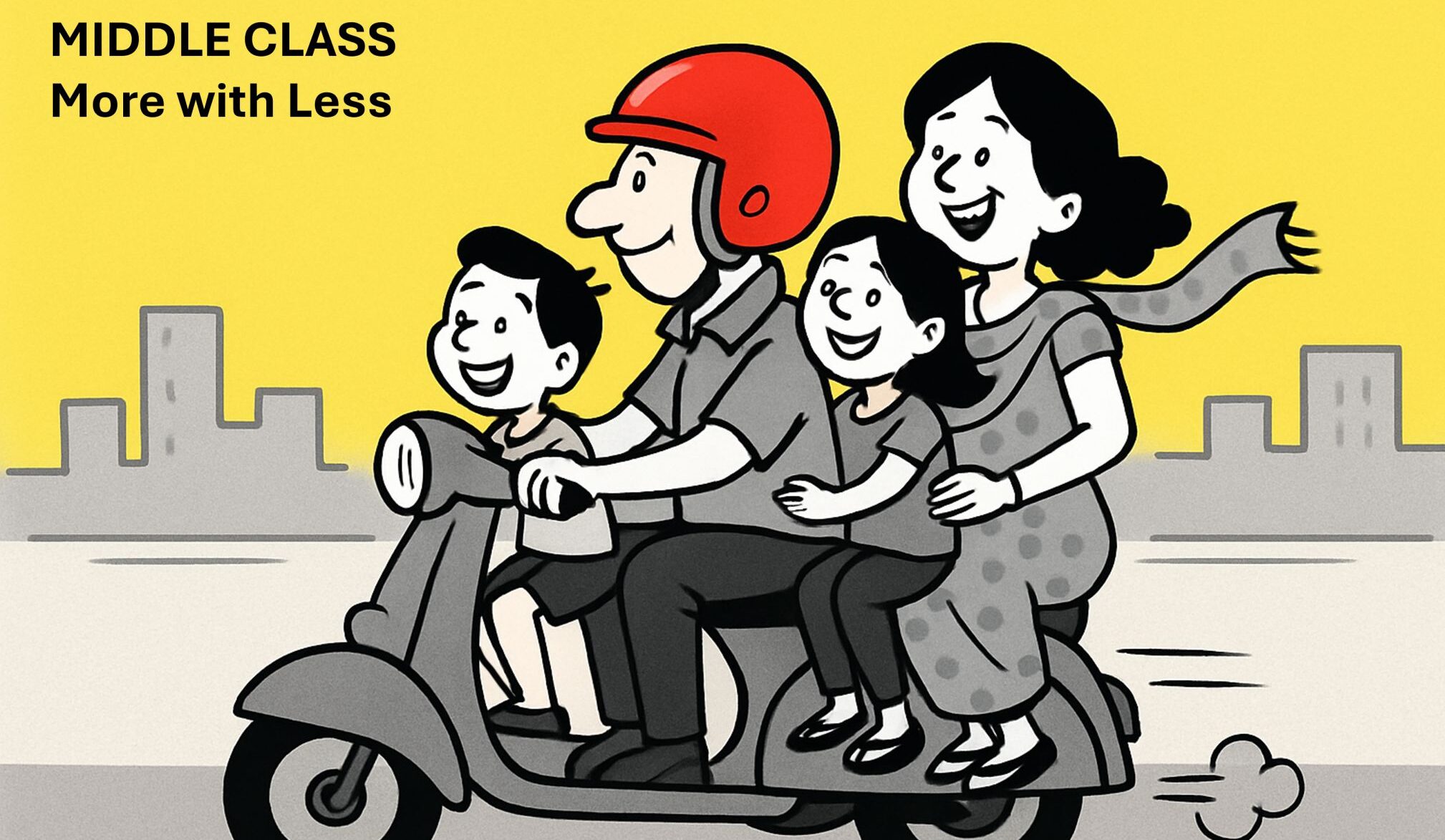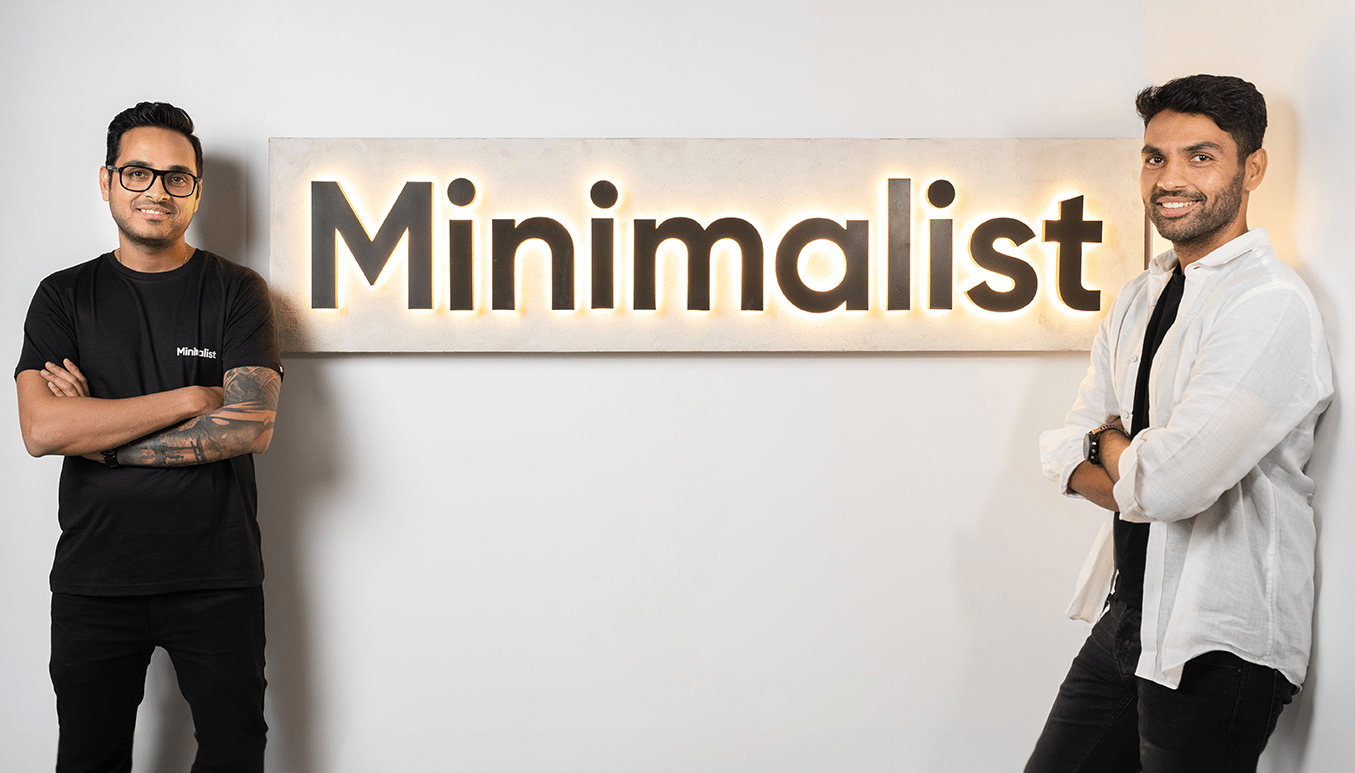For years, everyone thought of Urban Company as the place to book a massage, deep-clean your kitchen, or call a plumber in a pinch. The service was smooth, the app easy to use but like most platforms hustling in India’s crowded online services market, profits were thin, and customer acquisition costs (CAC) kept many up at night.
So how did Urban Company flip the script and surprise everyone, including industry insiders? They paid attention to an unlikely teacher: the Indian Railway Catering and Tourism Corporation (IRCTC).
Turning a Service Funnel Into a Product Engine
Like IRCTC, which sells train tickets but makes its real money serving up chai, samosas, and bottled water, Urban Company realised something powerful. The real business starts not with the service you book, but with what you buy *after you trust the brand and welcome a professional into your home.
Around 2023, Urban Company started quietly launching its own productswater purifiers, smart locks, beauty gadgets directly through their trusted service professionals. The idea was both simple and genius: why not let the beautician who just finished your facial introduce you to high-quality skincare tools or a new water purifier, right there in your living room?
The Results Speak Volumes
The shift has been massive:
- Product sales have ballooned, with Urban Company’s “Native” brand leading the way. In FY25 alone, products brought in over Rs 300 crore in revenue, now accounting for about 26% of the company’s total sales, and up an incredible 303% from the previous year
-Profitability has arrived. The company posted a Rs 240 crore profit in FY25, reversing a previous year’s loss and showing revenues up 38% a rare outcome in India’s tech startup universe. - Margins are a dream: Company insiders say product sales deliver margins as high as 70%, compared to the slim 5-10% margin for most services. Simply put, it costs less and earns more.
A New Direct-to-Consumer (D2C) Channel Your Service Professional
What makes this approach especially clever is that Urban Company didn’t pivot away from services. They layered on products, using their existing workforce of 42,000+ trusted professionals as both experts and salespeople. A beautician or plumber isn’t only fixing what’s broken, they’re now the friendly face of Urban Company’s product range, demoing water purifiers or beauty gadgets you can try (and buy) on the spot.
Suddenly, the person doing your nails is also an ambassador for high-quality goods you might have otherwise searched for on Amazon or Flipkart only this time, you get to see, feel, and understand the product at home, from someone you trust.
Why It Works
- Trust is powerful. By starting with a trusted service relationship, selling high-margin products becomes a natural extension, not an aggressive upsell.
- Low customer acquisition cost. Urban Company’s professionals are already at your door for a service you scheduled, so introducing a new product doesn’t add major marketing spend.
No need to pivot. Instead of abandoning a tough business, they doubled down, making services the funnel and products the profit centre.
Next 3 Years At Urban Company
Urban Company isn’t stopping with water purifiers or smart locks. Their Native line is growing, and they’re aiming for ₹500 crore in product revenue over the next three years. More importantly, the model is so successful that it’s changing how investors and rival founders think about the “scalability” of service-led businesses.
So the next time someone insists that “services don’t scale” or that all platforms eventually drown in red ink, think of Urban Company and remember that sometimes, you don’t need to find new customers. You just need to offer new value to the ones already at your door.
And maybe, carry your own fries.
ALSO READ : Urban Company Launches ‘Insta Maids’ for Quick Domestic Help









